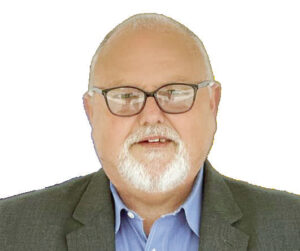The city of Cassville is proposing a renewal of its capital improvement sales tax on the April 2 Municipal Election ballot, aiming to use the funds for a multitude of projects in the future.
The 1/2-cent tax was first passed in 2005, and all revenue had been used to pay the loan for the city’s wastewater treatment plant, funded by a 2002 bond for $2,935,000 that was paid in full in July 2023.
The tax brought in $674,007.74 in 2023, and it is scheduled to sunset in 2025. The renewal proposition does not include a sunset.
City officials said renewing the tax will provide opportunity for projects in the city in the future, one of which is already scheduled.
Mayor Bill Shiveley said possibilities include funding the pedestrian bridge adjacent to the Highway 76 motorist bridge, funding a new bridge on 7th Street, demolishing more condemned property in the city, paving the north end of the Greenway Trail, expanding water and sewer services to new areas for future construction or developing a reserve fund for future infrastructure improvements.
The pedestrian bridge is $825,000, and the city is on the hook for about $321,750 after a MoDOT grant funded 61% of the project. The bid for the bridge must be awarded by May 2025.
Talks of a new motorist bridge on 7th Street have been renewed, as the city has developed a plan that’s been green lit by the Department of Natural Resources, Federal Emergency Management Administration and U.S. Army Corps of Engineers. There is no timeline for the project, but officials pointed to it as a possibility.
Shiveley is scheduled to speak about the proposal at the Cassville Senior Center on Friday.
The ballot language reads: “Shall the City of Cassville, Missouri, continue to impose a capital improvement sales tax of one half of one percent for the purpose of funding capital improvements, including the operation and maintenance of capital improvements, and which may include the retirement of debt under previously authorized bonded indebtedness?”







